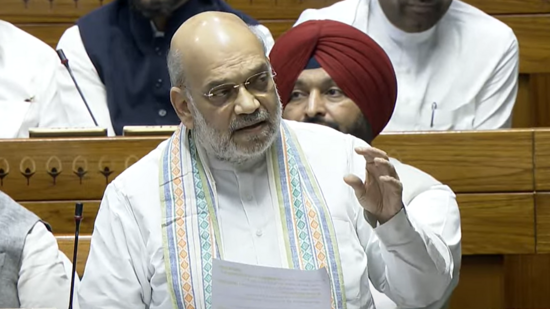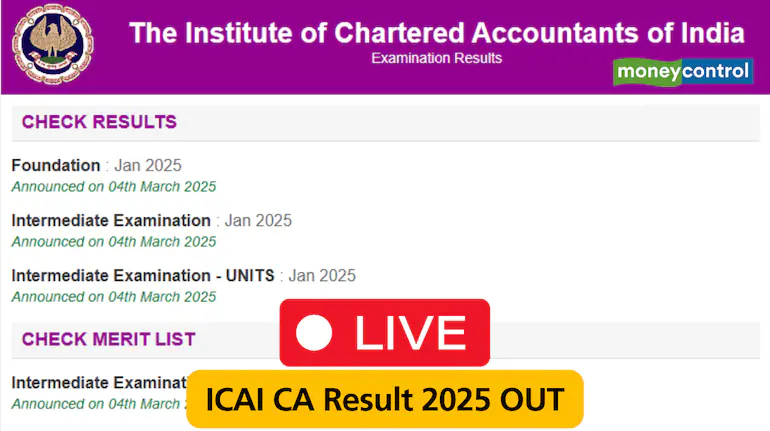
The LokSabha recently passed the Waqf Amendment Bill after an intense 12 hour long debate. The bill which aims to bring reforms to the management and governance of waqf properties in India saw heated discussions among members of the ruling and opposition parties.
What is the Waqf (Amendment) Bill?

The Waqf (Amendment) Bill seeks to make significant changes to the Waqf Act which governs waqf properties in India. Waqf refers to properties donated or dedicated for religious or charitable purposes under Islamic law. These properties are managed by Waqf Boards which function under the supervision of the central and state governments.
The amendment proposes changes to how waqf properties are identified, managed, and transferred. It aims to make the system more transparent and prevent illegal encroachments or misuse of waqf lands.
Key Highlights of the Bill
- Regulation of Waqf Properties: The bill strengthens the procedures for the identification and registration of waqf properties to prevent encroachments.
- Increased Accountability: It introduces stricter guidelines for waqf boards to ensure better governance and prevent corruption.
- Dispute Resolution Mechanism: The bill includes measures to streamline the resolution of disputes related to waqf properties.
- Changes in Property Transfer Rules: The amendment tightens the regulations around the sale, lease, and transfer of waqf properties to prevent their unauthorized use.
- Government Oversight: It enhances the role of state and central governments in monitoring waqf properties to ensure proper utilization.
- Digital Record Maintenance: The bill proposes the digitization of waqf property records to prevent fraud and ensure transparency.
- Strengthened Penalties: Stricter penalties are introduced for illegal encroachments and misuse of waqf lands to deter violations.
The 12-Hour Marathon Debate in LokSabha
The passage of the Waqf (Amendment) Bill was not without controversy. The 12-hour-long debate in the LokSabha saw members from various political parties expressing their concerns and opinions on the proposed changes.
Arguments in Favor of the Bill
- Transparency and Accountability: Supporters of the bill argued that the amendments would ensure better transparency in the management of waqf properties, reducing instances of corruption and mismanagement.
- Protection from Encroachment: Proponents highlighted that waqf properties have often been encroached upon or illegally sold, and the bill introduces stricter regulations to prevent such issues.
- Streamlining Governance: The government emphasized that the changes would simplify administrative processes, ensuring smoother functioning of waqf boards.
- Empowerment of Minority Communities: Some MPs argued that the bill would help in safeguarding waqf properties for their intended religious and charitable use, thereby benefiting minority communities.
Concerns Raised by the Opposition
- Potential Government Overreach: Some opposition members raised concerns that the bill gives excessive power to the government over waqf properties, which might affect the autonomy of waqf boards.
- Impact on Religious Institutions: Critics argued that the amendments might lead to unnecessary interference in the administration of religious endowments.
- Need for Wider Consultation: Many leaders called for a more extensive consultation with stakeholders, including religious organizations and waqf boards, before implementing the changes.
- Lack of Clarity on Certain Provisions: Some legal experts and MPs highlighted ambiguities in the bill regarding the appeals process and dispute resolution mechanisms, demanding clearer guidelines.
Historical Context of Waqf Laws in India
The concept of waqf dates back centuries and has been an essential part of Islamic philanthropy. In India, the Waqf Act of 1954 was one of the first legislative attempts to regulate waqf properties. It was later replaced by the Waqf Act of 1995, which established waqf boards in different states to manage these properties effectively. Over the years, there have been various amendments aimed at improving governance, but challenges such as corruption, mismanagement, and encroachments have persisted. The latest amendment seeks to address these long-standing issues with stricter regulations and oversight mechanisms.
Impact of the Bill on Waqf Boards and Stakeholders
If the bill is passed into law, it will have several implications for different stakeholders:
- For Waqf Boards: They will have to comply with stricter regulations, maintain transparent records, and ensure proper use of waqf properties.
- For Religious Communities: The bill could provide better protection for waqf properties, ensuring they are used for their intended religious and charitable purposes.
- For Government Authorities: State and central governments will have increased oversight, which may lead to better management but also raises concerns about excessive interference.
- For Encroachers and Illegal Occupants: The bill introduces tougher penalties, making it more difficult for unauthorized individuals to exploit waqf properties.
What Happens Next?
After passing in the LokSabha, the Waqf (Amendment) Bill will now be presented in the RajyaSabha for further discussion and approval. If cleared, it will then require the President’s assent before becoming law. The debate in the RajyaSabha is expected to be equally intense, with opposition parties likely to push for modifications and clarifications.
Conclusion
The Waqf (Amendment) Bill aims to bring much-needed reforms to the management of waqf properties in India. While it seeks to improve transparency and prevent illegal activities, it has also sparked concerns regarding government control and religious autonomy. The inclusion of digital record-keeping and stricter penalties is a step toward modernization and better governance. However, its successful implementation will depend on how effectively the new regulations are enforced and whether they strike a balance between oversight and autonomy. As the bill moves to the RajyaSabha, it remains to be seen how the final version of the law will shape the future of waqf governance in the country.






